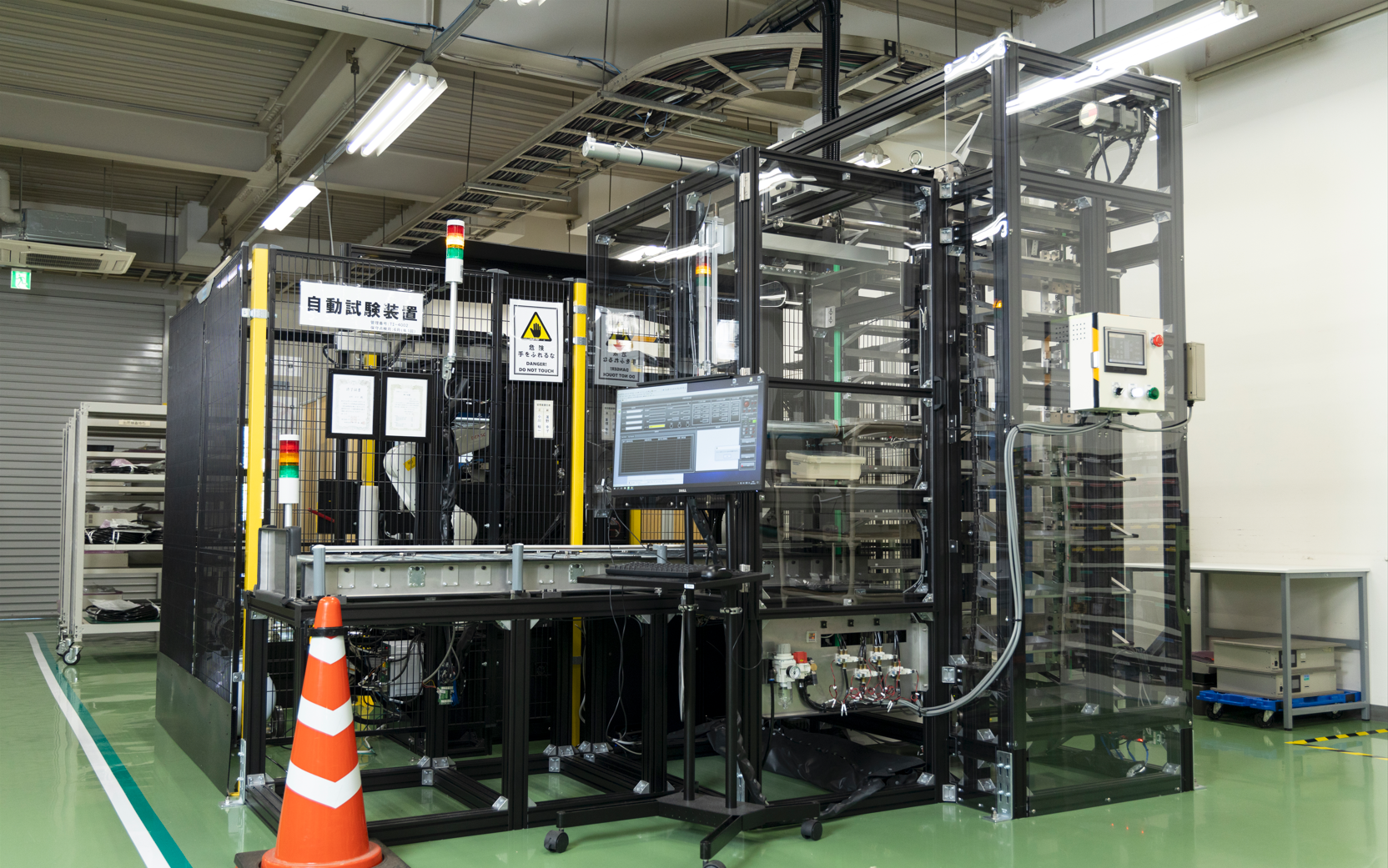

A conqueror of the domestic market, the company is concentrating expansion efforts further afield.

Although Japan is a narrow country accounting for just 0.25% of the world’s land area, due to its geographical conditions, it repeatedly suffers from various natural disasters and is often prone to flooding due to typhoons and torrential rains, earthquakes, tsunamis, and volcanic eruptions.
However, for centuries the Japanese have been successful in facing these disasters and overcoming the difficulties thanks to the unique flood control culture and technology cultivated throughout its history. This has resulted in the establishment of extremely high flood control standards that are unparalleled worldwide, and TAKUWA Corporation is one of the country's true pioneers in this area, having become regarded as one of Japan’s leading companies in flood control and disaster prevention.
“For more than 50 years, we have continued to provide technologies and solutions specialized in Japan's flood control and disaster countermeasures," says Shinji Okuda, President of TAKUWA Corporation. The company holds a 60% domestic market share in water level gauges, thanks to products such as the quartz type water level gauge developed in 1978, and its predecessor, the reed switch type water level gauge, which was developed in 1968. It has gone on to pioneer other sensor-based gauge technologies, including the small water level observation buoy (which use drones and underwater communication technology to observe the water level of natural dams created when river channels are blocked by landslides) and a laser scanning type water level gauge.
“While other companies may offer similar water level gauges, our competitive advantage also extends to our prompt maintenance service and low failure rates. This track record reflects confidence in our sensors not only through quality, but also through overall effectiveness,” says Mr. Okuda.
Though the company is not well-known overseas, the TAKUWA president explains that it is the organization’s policy to develop overseas markets going forward, and as part of this international focus it has ensured it is accredited by internationally-recognised standards, including four ISO Certifications: ISO 9001 (Quality), ISO 14001 (Environment), ISO 45001 (Occupational Health and Safety) and ISO 27001 (Information Security).
“Companies are required by society to meet these four and they will enable us to gain at least a minimum level of trust from overseas customers who are not familiar with our company and facilitate our sales activities,” stresses Mr. Okuda.
Another area of focus for the company has been to place increasing importance on risk assessment. “In today’s uncertain times, when the future is uncertain and society is in turmoil, the only way for a company to survive is to always take on risks and take on challenges. Risk assessment is a way of estimating how much risk you can tolerate when taking on any new challenge,” he says.
Such challenges in the market exist both at home and overseas when it comes to TAKUWA Corporation’s growth strategy. With natural disasters now occurring more frequently on a global scale due to climate change, the company is considering the export of its technology as a business opportunity, but at the same time, keeping a close eye on Japan's evolving domestic situation.
“Since our current main customer base is almost exclusively national and local governments, we believe that overseas expansion is a must,” says Mr. Okuda. “While global demographics are on the rise, Japan’s population has been declining since 2008, and with the aging of the population and declining birthrate, the government’s tax revenue is also declining. Therefore, the government’s budget has a direct impact on our sales. As a disaster-prone country, disaster countermeasures for land preservation are important, but now we are forced to allocate much of our budget to medical care, long-term care, and social security; in fact, the national budget is almost half of what it was 20 years ago. To overcome these changes in the situation, we need to explore opportunities not only in the domestic market but also aggressively seek opportunities in the private market and expand our presence overseas.”
Mr. Okuda adds: “We are currently concentrating our global business in Thailand and Korea. In Thailand, we are working with a consulting firm to challenge ourselves to build strong ties with the Thai government, and in Korea we are aiming to develop the market by participating in projects related to major river systems that are determined by national policy.”
“My dream is for TAKUWA Corporation to become a company that contributes to people and society around the world,” concludes Mr. Okuda.
0 COMMENTS